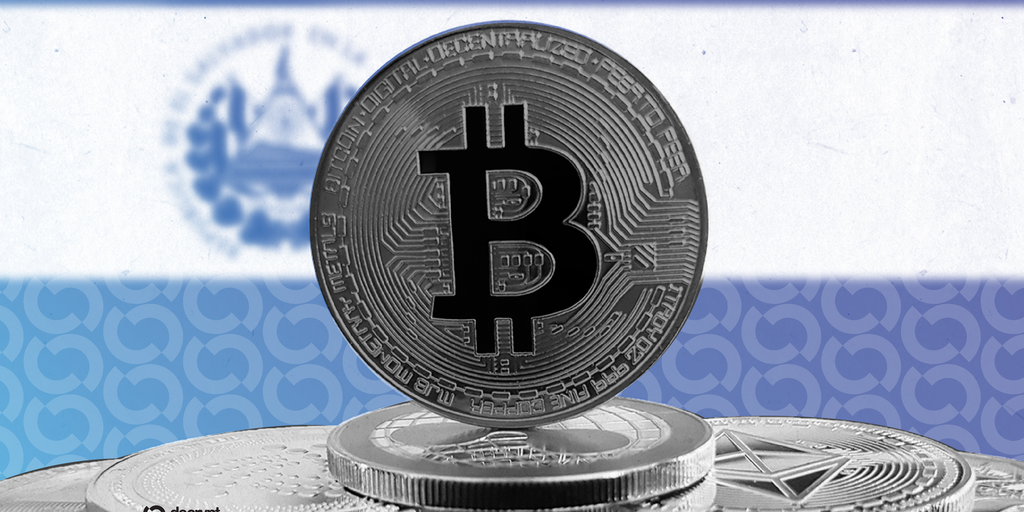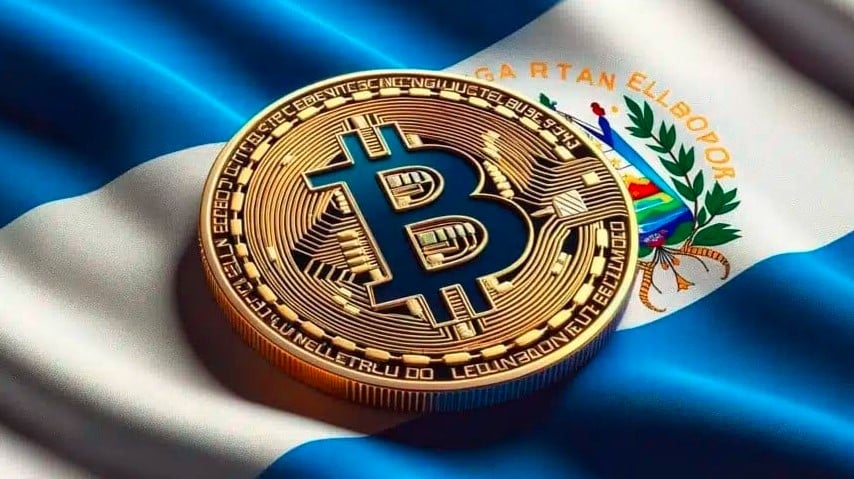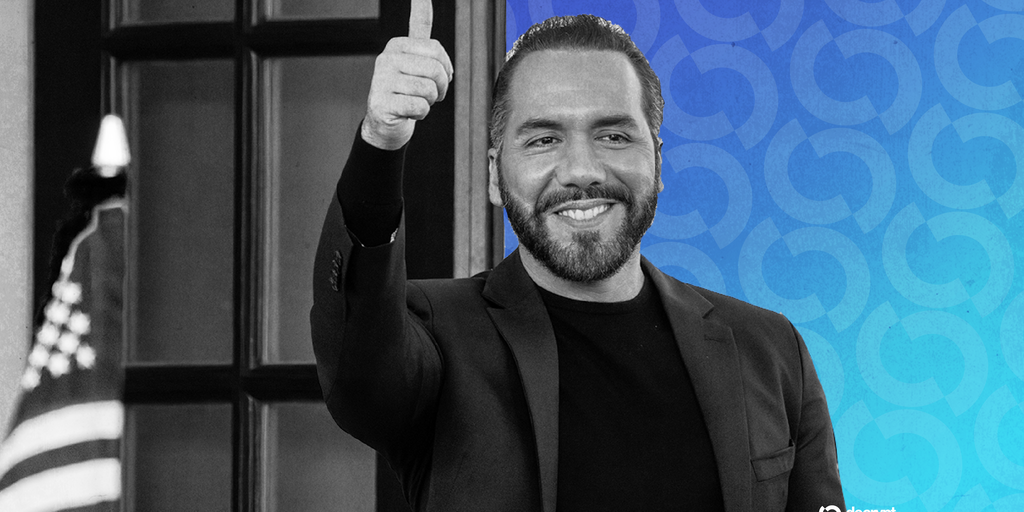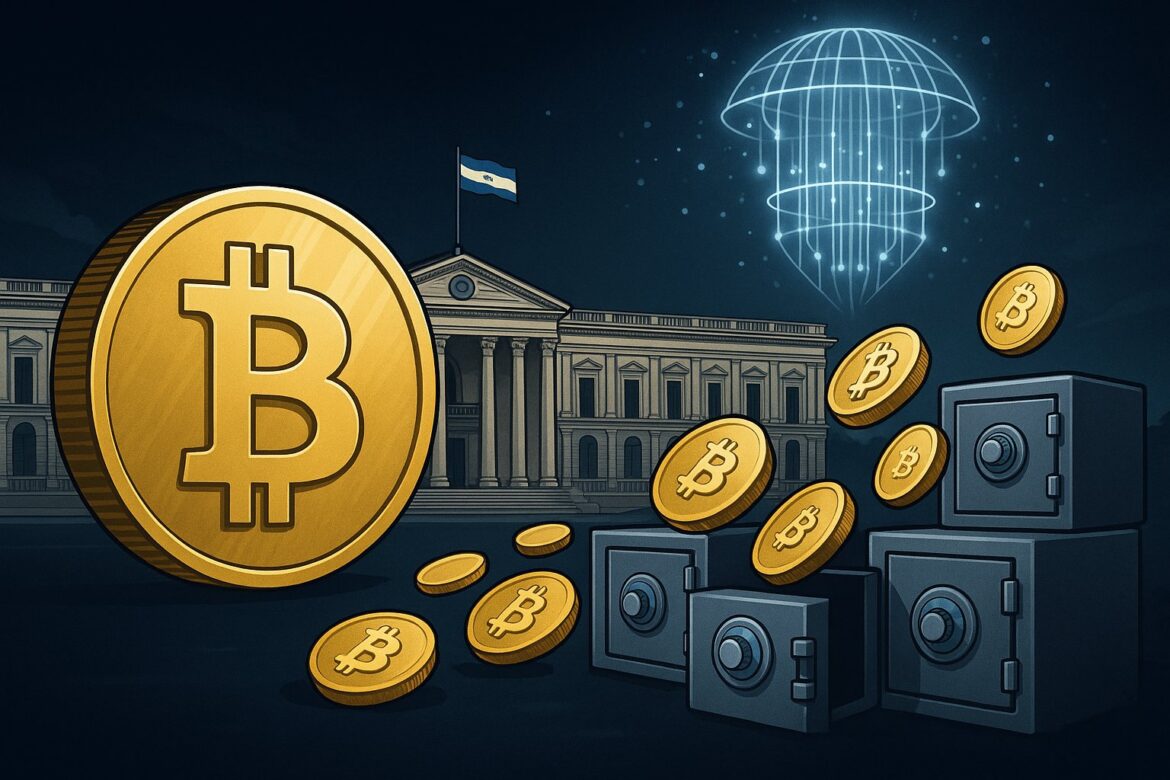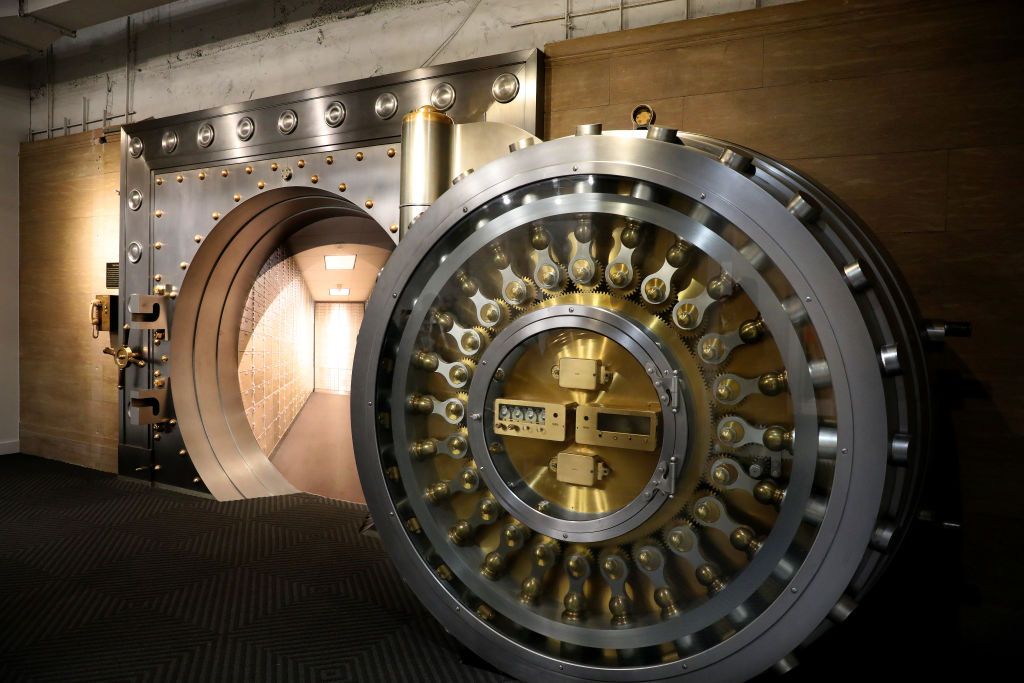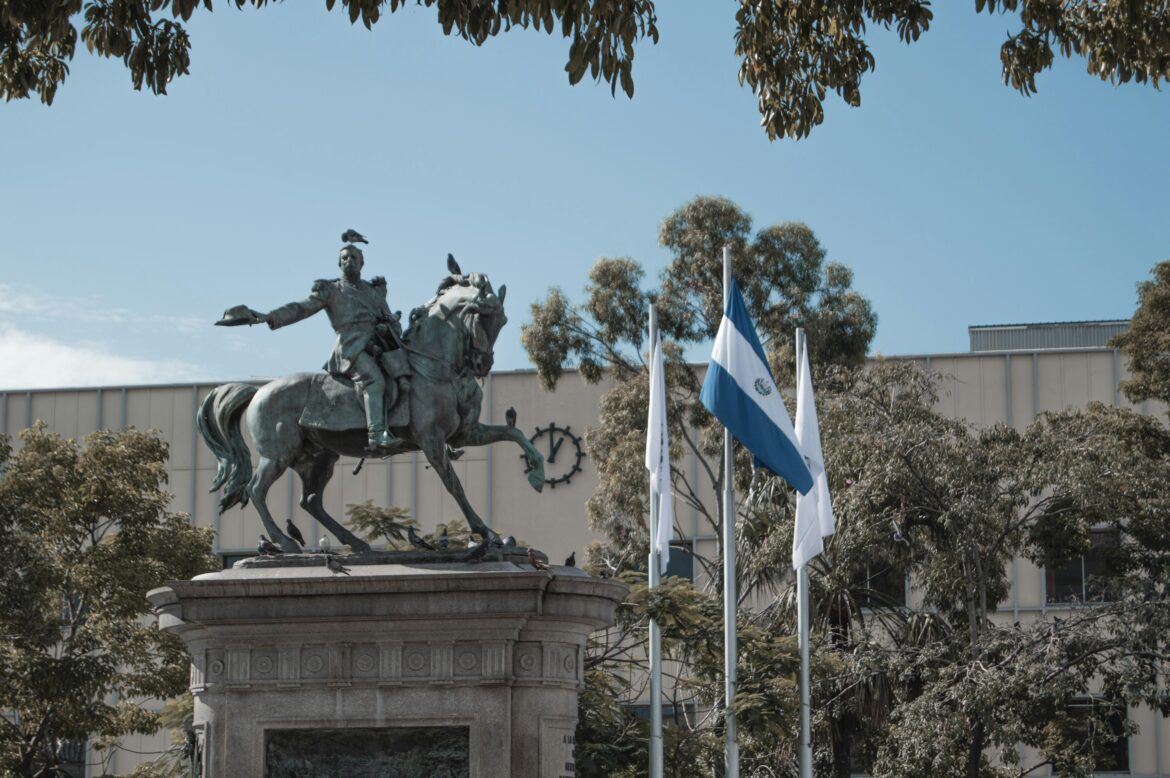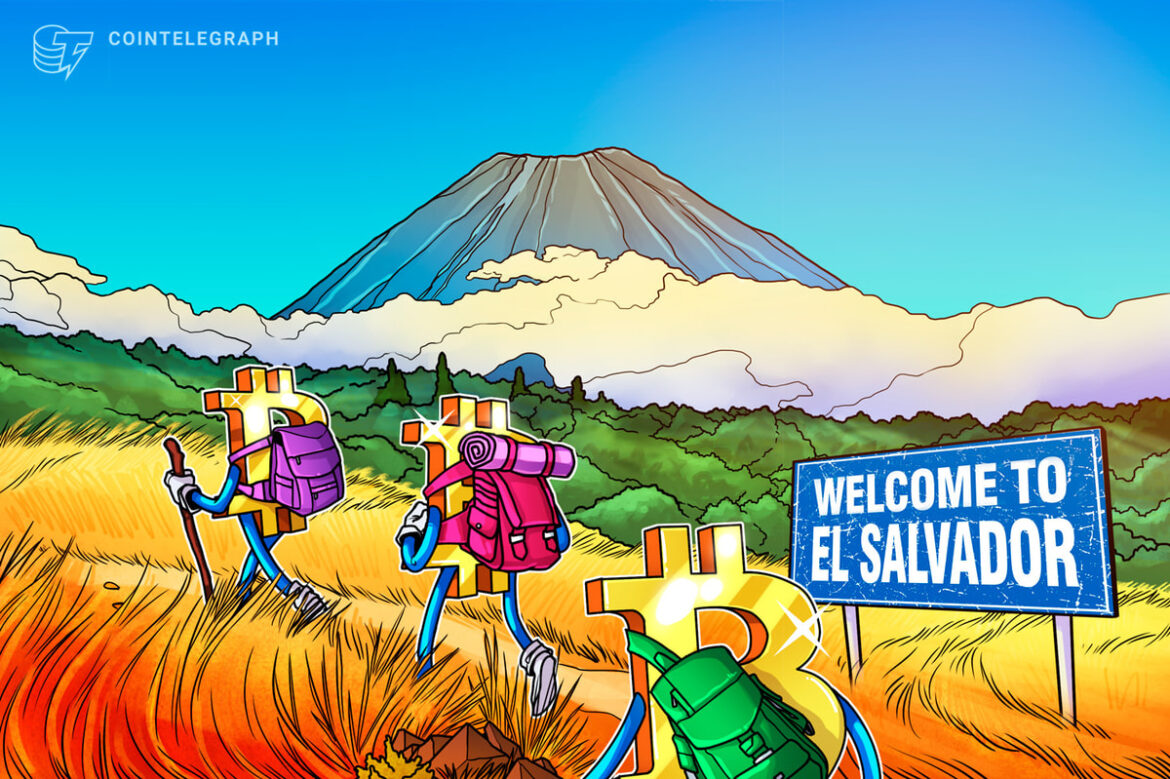In brief
- El Salvador bought 21 BTC on September 7 to celebrate the fourth anniversary of its Bitcoin Law.
- The country’s Bitcoin reserve now totals 6,313.18 BTC valued at about $701 million.
- The purchase comes despite an IMF loan requiring the government to halt Bitcoin accumulation.
El Salvador continues to stack sats.
On Sunday, President Nayib Bukele confirmed the country’s Bitcoin Office has purchased 21 BTC to mark the fourth anniversary of the country’s Bitcoin legal tender law.
The buy is a symbolic nod to Bitcoin’s 21 million coin supply cap and continues the government’s reserve-building strategy despite tensions with international lenders.
Since March of last year, the smallest country in mainland Central America has continued to buy up 1 BTC per day, data shows.
According to the government’s own figures and blockchain data, the country now holds 6,313.18 BTC, valued at about $701 million.
El Salvador’s Bitcoin Law was passed in 2021, making El Salvador the world’s first country to adopt Bitcoin as legal tender alongside the U.S. dollar.
At the time, the move was promoted as a way to increase financial inclusion and reduce remittance costs, despite critics warning of volatility and macroeconomic risks and noting the move ostensibly violated the “crypto ethos,” given that the authority to implement it was handed down by the state.
While symbolic, El Salvador’s latest purchase complicates compliance with its $1.4 billion IMF loan agreement in December last year, which requires halting voluntary accumulation by public entities.
At the time, IMF officials said the country had committed to freezing acquisitions under the finalized Extended Fund Facility.
As part of the deal, El Salvador revised its Bitcoin Law to make merchant acceptance voluntary while retaining the crypto as legal tender. The agreement also mandates liquidation of the Fidebitcoin trust and the government’s exit from the Chivo wallet program.
Despite these mandates and continued amendments to its deal with the IMF, El Salvador has continued to buy Bitcoin. Future disbursements under the IMF program depend on compliance reviews through 2027, keeping the government under scrutiny.
Late last month, the National Bitcoin Office redistributed its holdings across multiple addresses, with a cap of approximately 500 BTC per address. Officials cited quantum computing threats as justification for the change.
It listed the new addresses with a public dashboard for transparency.
An IMF report from March estimated El Salvador’s Bitcoin purchases since 2021 at roughly $300 million, generating more than $400 million in unrealized gains at current prices. The fund noted, however, that limited disclosure prevents a full independent assessment of the portfolio.
El Salvador’s holdings still place it among the largest sovereign Bitcoin reserves, ahead of countries experimenting with mining-backed strategies.
Daily Debrief Newsletter
Start every day with the top news stories right now, plus original features, a podcast, videos and more.

